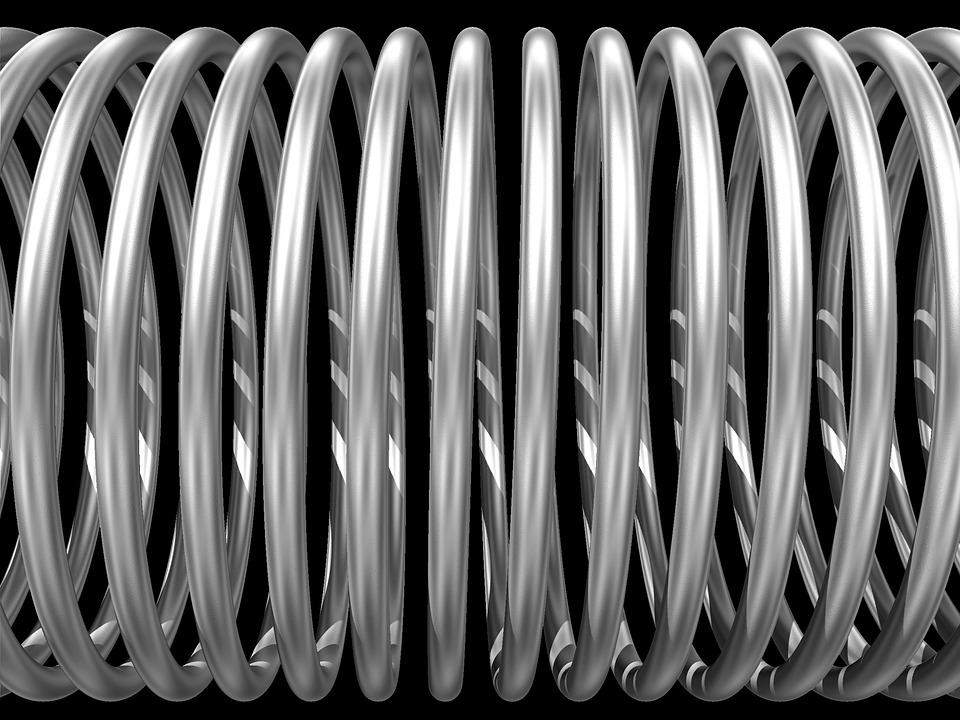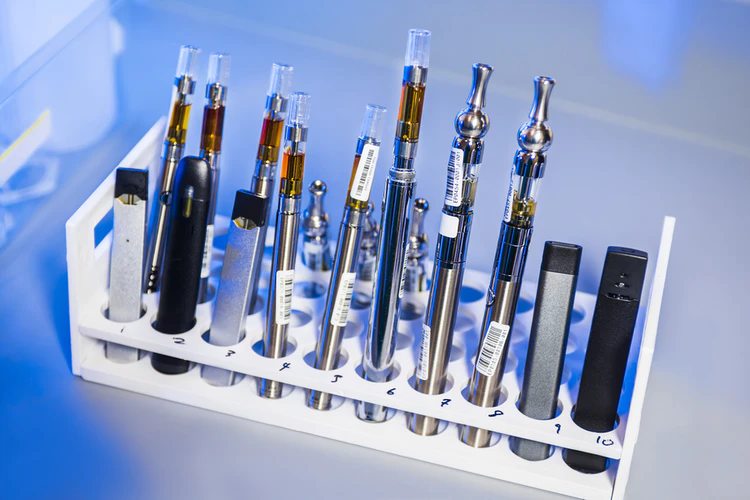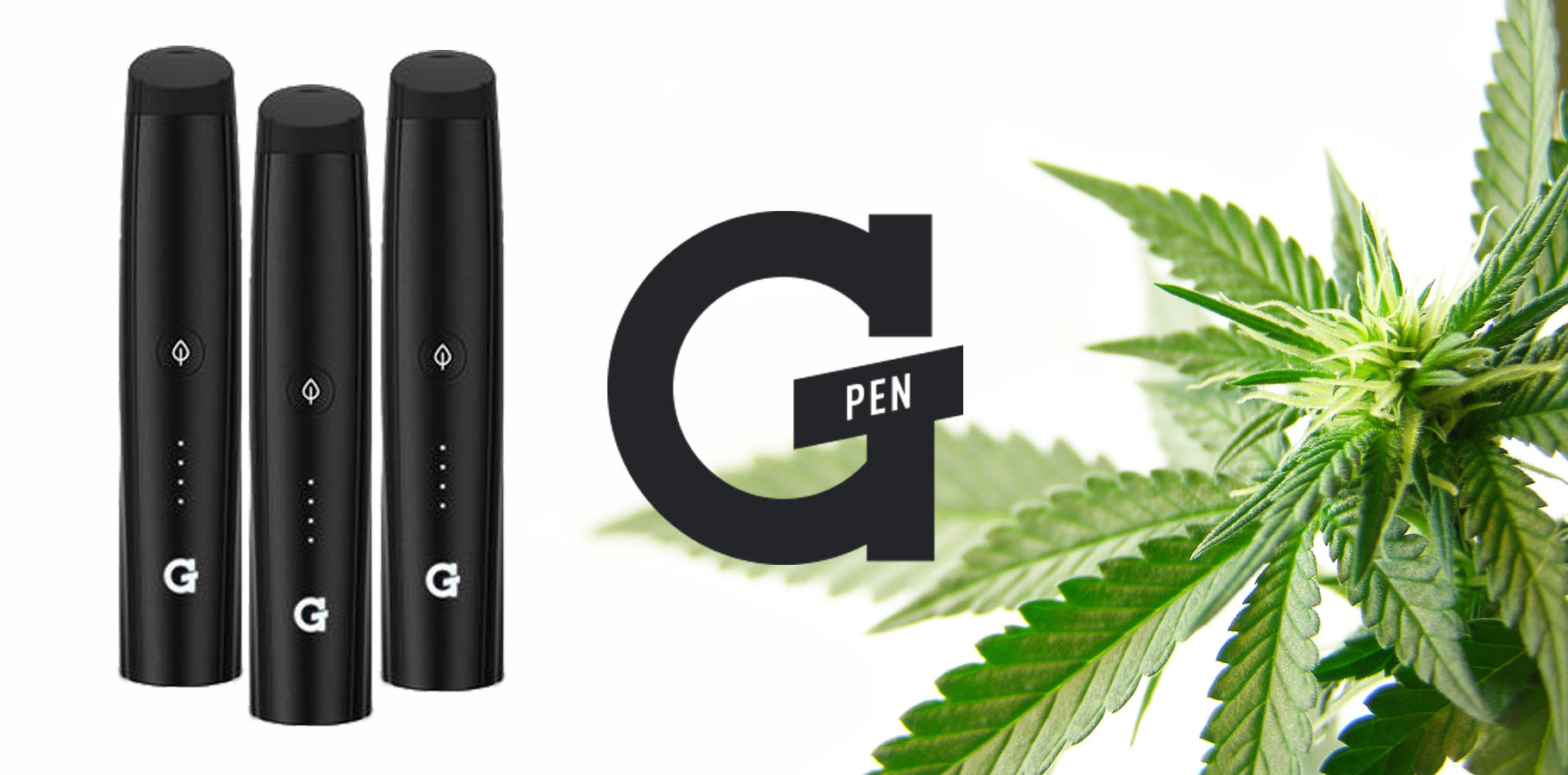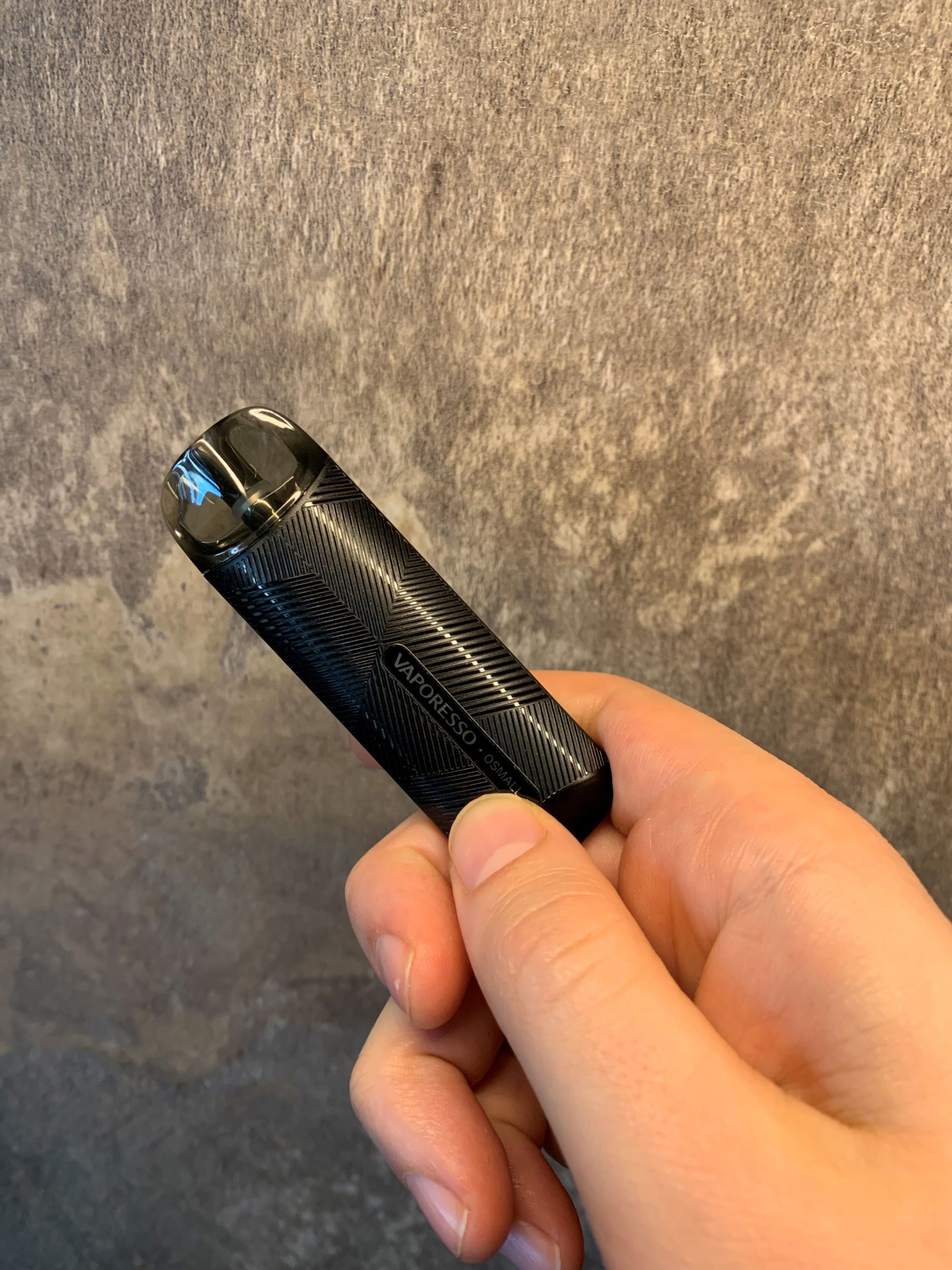The Ultimate Guide On Vape Wire and Vape Coil
A vape is a relatively complex device. You’re well aware of what it does, but are you aware of how it works? Vapes turn vape liquid into an aerosol, which is then inhaled for the pleasure of the user.
Below, we’ll give you an ultimate guide on some components that go into turning vape juice into an aerosol. Vape wire and premium quality vape coils can differ more than you think, and different types have different properties. Some are more expensive, while others are relatively affordable – all of which significantly impact the performance.
Why Are Coils and Wires Important?
There are many more working components in a vape that impact its performance – none do so quite like the wire coils.
These components directly impact the taste, flavor, and sensation that vapes provide, so having some ground-level knowledge is essential. Who knows, perhaps you want to try to rebuild your vape – this information will come in handy.
Vape Coil Wires – The Essentials

Vape wires come in many sizes, forms, and materials. They’re always made out of metal, and the most common metals used are kanthal, stainless steel, nickel, and titanium. Kanthal and stainless steel are the most popular options, with stainless steel being used in most vape coils.
Vape Wire Gauges
An important thing that goes into your vape wire and subsequent coils is the gauge of the wire itself. A gauge is a unit of measurement for the diameter (overall thickness) of the wire itself. The smaller the gauge, the thicker the wire.
The thicker the wire itself, the longer is the heat up time. Also, the smaller the gauge, the better the heat retention, which is not necessarily good. Different wires have different properties – meaning a 26 gauge stainless steel wire isn’t going to perform like a 26 gauge nickel wire.
Wire Material Properties
These wires are used to make vape coils, which are essential parts of your vape. All of them have different properties, which ultimately affect the taste and performance of the vape. Below is the list of all metals and their unique features within the same gauge.
1. Kanthal
Kanthal is one of the most popular wire materials in vape coils. It’s effortless to mold into a coil, does not oxidize quickly, and holds its shape. It’s affordable and readily available. Kanthal is also durable, meaning you can use it for a long time.
It’s not the best wiring option, as it can’t be used with temperature control. The flavor is also very standard, as Kanthal doesn’t do much to enhance it. Kanthal is also relatively heat resistant, meaning it takes some time to heat up, while it doesn’t retain the heat for a long time.
2. Stainless Steel
Stainless steel is the most prevalent wiring option for a reason. It can be used in temperature and wattage control mode. Stainless steel also doesn’t have to include nickel, which is an allergy hazard for some. Some people use SS wire for dry vaping, which is not an ideal idea.
Stainless steel heats up quickly and provides a relatively standard flavor, and is affordable. The downsides, of course, are the grades. There are many stainless steel grades, so finding the ideal one could be quite tricky. Different classes might include nickel and can be harder to work with.
3. Nickel
Pure nickel is an excellent vape coil wire due to its quick heat up. While some people are allergic to it, it has some very useful properties. It heats up quickly, is affordable, and provides a slightly augmented flavor compared to the previous two.
Nickel can’t be used in wattage control mode, as it tends to melt at temperatures above 315°C. Another issue is that the metal itself is very soft and it doesn’t hold its shape too well, so it’s not easy to work with for DIY vape enthusiasts.
4. Titanium
Titanium is one of the world’s toughest metals, so it’s no wonder that it is easy to work with and holds its shape. It also offers a clean flavor and is one of the most durable wiring options. That is practically where the benefits end.
While titanium is relatively expensive and exotic compared to the previous additions, it can only be used in TC. If titanium is heated over 610°C, it releases titanium dioxide, a toxic gas – so it’s not an ideal option for beginners.
Final Thoughts

Vape coils are essential parts of a vape pen, and the wire that goes into their construction can significantly impact the flavor, taste, and aroma of your vape juice. That is why getting the ideal wire coil for your vape is such a crucial endeavor.
If you want to try your hand at making your vape coil, it’s not that difficult, as there are multiple tutorials on the internet. Just remember to pick the correct metal for your needs, and we’re sure you’ll have fun making your vape coils.







